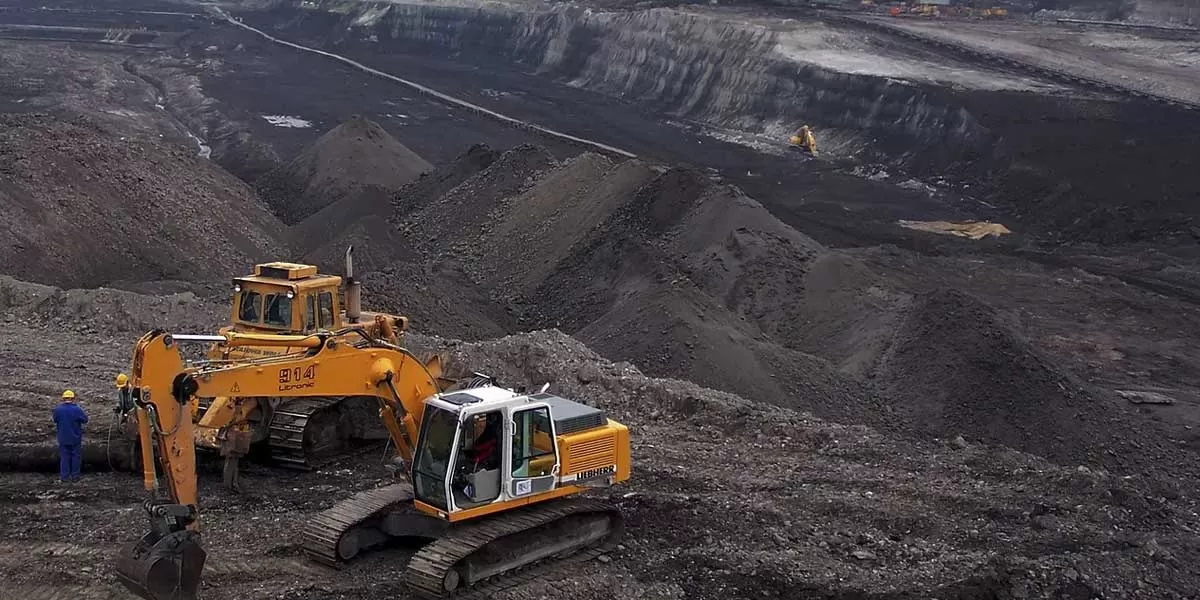
Coking Coal Imports Dip 11% in India Amid Surging Prices

Saudi Aramco Eyes India’s Refining Sector for Strategic Partnerships
Saudi Aramco has renewed its interest in India’s expanding refining sector, viewing it as a strategic growth opportunity. With Bharat Petroleum Corporation Ltd (BPCL) and Oil and Natural Gas Corporation (ONGC) planning new refineries, fresh investment avenues are opening up for the Middle East’s largest oil exporter. Although the company has not confirmed specific investment plans, it reiterated that India remains a priority market. Saudi Arabia was the third-largest supplier of crude oil to India in 2024, exporting 625,000 barrels per day. According to S&P Global Commodity Insights, In..

Kandla Deendayal Port Handles 150 MT in FY25
The Kandla Deendayal Port Authority (KDPA) has achieved its goal of handling 150 MnT of cargo in the financial year 2024–25, marking a key operational milestone. The update was confirmed by Chairperson Sushil Kumar Singh. The final figure stood at 150.16 MnT , and Singh credited the achievement to the collaborative involvement of stakeholders, including exporters, importers, shipping and customs agents. KDPA collected suggestions from port users and swiftly implemented changes to boost productivity and efficiency, addressing operational bottlenecks within existing constraints. Singh empha..

Square Port Shipyard, Damen Partner to Boost Shipbuilding in India
Square Port Shipyard, a subsidiary of Hazoor Multi Projects Limited (HMPL), has signed an agreement with Damen Technical Cooperation BV to develop its shipyard in Dabhol (Ratnagiri), Maharashtra. The partnership aims to enhance the shipyard’s capabilities to design, build, repair, and maintain ships for both domestic and international clients. Damen Technical Cooperation BV is a part of the Netherlands-based Damen Shipyards Group NV, known globally for its shipbuilding expertise and advanced maritime solutions. Company officials described the tie-up as a significant milestone towards trans..














